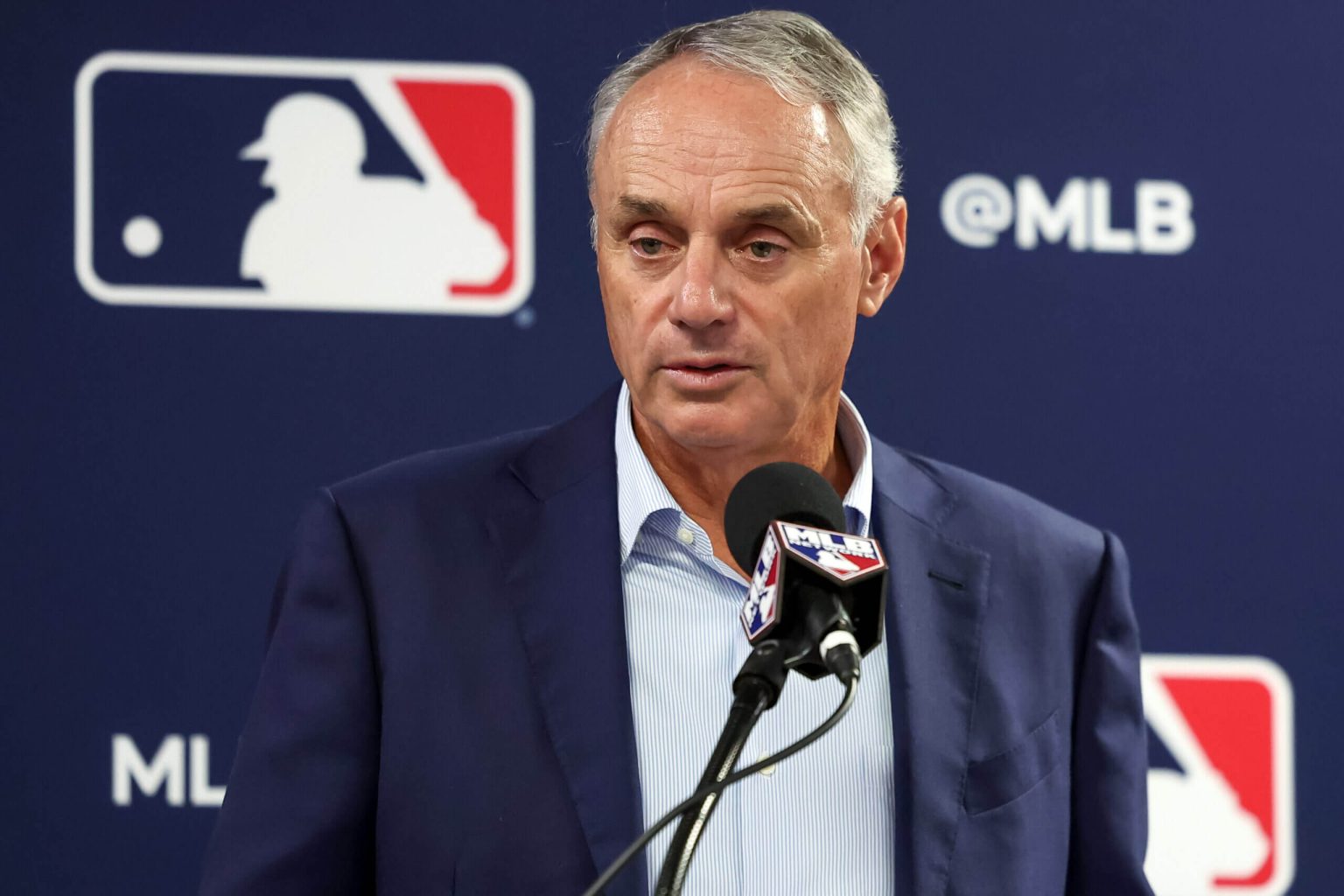Baseball commissioner Ford Frick received a telegram in 1964 from a congressman worried about the Milwaukee Braves moving to Atlanta for a richer television contract. The idea of pooling all television receipts was proposed to keep teams from defecting. Now, 60 years later, baseball Commissioner Rob Manfred is contemplating nationalizing baseball’s TV rights due to cord-cutting, failing traditional regional sports networks, and intense streaming competition. Some owners believe centralizing deal-making and selling all 30 teams’ regular-season broadcasts as a streaming package could grow media revenues, while others are against surrendering their rights.
The potential end of local media rights in baseball would be one of the most significant changes in sports television. MLB has always allowed teams to control most of their regular-season broadcasts, as well as choosing TV stations in their home markets. Eliminating local rights could remove blackout restrictions, but not all clubs believe Manfred’s office could handle the rights better than they currently do individually. The revenue distribution is a major point of contention, as big-market teams like the Yankees receive significantly more than smaller-market teams.
Baseball is entering a new era of sports broadcasting, with streaming services like Netflix, Amazon, and Roku entering the mix. Nationalizing baseball’s TV rights could mean a shift in revenue sources and how fans access games. The NFL has achieved success in nationalizing its rights early on, but baseball’s nightly schedule and longstanding history with local rights present unique challenges in such a transition. Owners would have to agree to major changes in the rights structure, and existing contracts with regional sports networks pose significant obstacles.
Major League Baseball will have to navigate complex negotiations with owners, players’ unions, and existing partners if they decide to nationalize TV rights. The next round of CBA negotiations in 2026 could bring these issues to a head. Some suggest grouping packages by markets rather than by sports could bring in more revenue. Any shift in the rights structure would require a substantial amount of consensus among owners, and even a small dissent could lead to potential lawsuits. Manfred has expressed interest in launching a national streaming package with half the teams as early as 2025.
The changing landscape of sports media and the need for quick, convenient access for consumers is pushing baseball towards reconsidering its TV rights model. As streaming services become more prevalent in sports broadcasting, the traditional model of local rights may not be sustainable in the long run. While the challenges and obstacles to nationalizing baseball’s TV rights are significant, the potential benefits in terms of revenue sharing, access for fans, and navigating the evolving media landscape are driving discussions among owners, executives, and league officials. The future of baseball broadcasting may look very different from its past, as the sport adapts to the changing times of digital media and streaming services.


